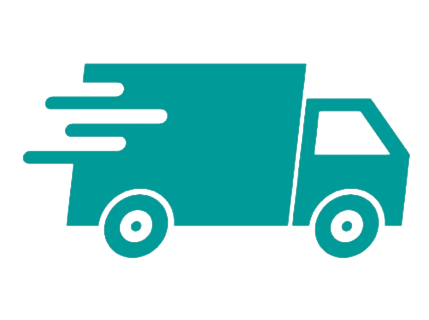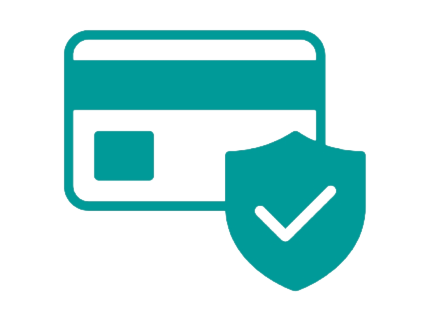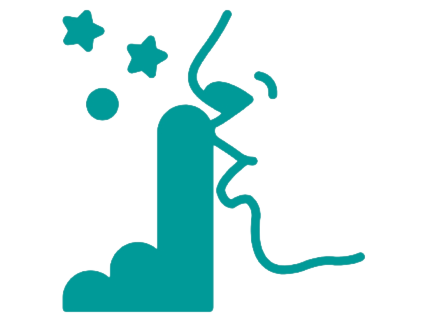Early research suggests a popular non-psychoactive compound derived from marijuana may help prevent or treat COVID-19, according to North American researchers, and warrants further investigation in rigorous clinical trials.
Several recent laboratory studies on cannabidiol, or
CBD , have shown promising results, attracting media attention.
However, many other potential COVID treatments that have shown promise in test tubes, from hydroxychloroquine to various drugs used to treat cancer and other illnesses, have ultimately failed to show benefit for COVID-19 patients. once studied in clinical trials.
Marsha Rosner of the University of Chicago led a team that found that CBD appeared to help curb SARS-CoV-2 in infected cells in laboratory experiments. “Our results don't say this will work in patients. Our results argue in favor of a clinical trial,” she said.
Using small doses of highly purified CBD that approximate what patients receive in an oral medication already approved for severe epilepsy for example, Rosner and colleagues found that CBD did not prevent the coronavirus from infecting cells in test tubes.
Rather, it acted shortly after the virus entered cells, preventing it from replicating in part via effects on the inflammatory protein interferon. They found similar effects in infected mice, according to a report published in Science Advances.
“When they looked at a group of adults with severe epilepsy, researchers found that those who took approved CBD had lower rates of COVID-19. But a retrospective look at a small number of patients does not provide conclusive information. Only extensive clinical trials can do this,” Rosner said.
“I know my message is not something people want to hear,” she said.
Small doses of tetrahydrocannabinol (THC) – the marijuana ingredient that causes high cannabidiolic acid (CBDA), cannabidivarin (CBDV), cannabichromene (CBC) and cannabigerol (CBG) did not prevent the virus to enter cells or prevent it from replicating, his team found.
“Not only did THC not work, but combining it with CBD prevented the CBD from working,” Rosner said.
NO COVID CARE AT CBD DISPENSARY
A separate team recently reported in the Journal of Natural Products that high doses of CBG and CBDA prevent the coronavirus from entering cells.
Richard van Breemen of Oregon State University told Reuters that the doses his team tested were not toxic to cells. “It is not yet clear whether such high doses would be safe for humans,” his team said.
“You want the lowest effective dose possible,” Rosner said, because of potential side effects when the drug is filtered through the liver.
The CBD his team tested was more than 98% pure, while the purity of commercial products is much lower. “People shouldn't run out and get CBD at their favorite dispensary,” she said.
CBD products have become widely available in many forms and have been touted – often without clinical trial evidence – as treatments for pain and other ailments.
Small trials of CBD in humans with COVID-19 are underway.
In a completed study, Brazilian researchers randomly assigned 105 patients with mild or moderate COVID-19 to receive CBD or a placebo for 14 days along with standard care. CBD had no apparent effects, according to an October report in Cannabis and Cannabinoid Research.
Another proof-of-concept study at Sheba Medical Center in Israel, researchers randomly assign patients with mild COVID to receive CBD or a placebo.
A preliminary trial at Rabin Medical Center, also in Israel, aims to test the effect of CBD in seriously ill patients. However, study leader Dr. Moshe Yeshurun told Reuters that increasing the number of participants has been difficult because the current Omicron-induced coronavirus wave “consists primarily of patients with mild disease. to moderate”.
Rosner's team is exploring the possibility of a clinical trial that would likely focus on asymptomatic or mild cases of COVID. Meanwhile, she fears that media reports exaggerating the potential of cannabinoids will lead people to self-medicate with CBD, and therefore stop using masks and avoid vaccines.
They add: “We would like to be able to say specifically” that a certain dose of cannabinoids is helpful, she said, but at this point, “antibodies induced by vaccines and antibody drugs are much more effective in blocking infection”.
We remind our dear readers that CBD
is not yet considered a medicine , and that its benefits on the body are not yet proven, and invite you to contact your doctor to find out the best use of your CBD.





